Dell XPS 17 Laptop : XPS Laptop Computer | Dell USA
Shop the Dell XPS 17 laptop featuring 12th Gen Intel® Core™ processors, up to NVIDIA® GeForce RTX™ 3060 graphics.
Operating system
Colossal power and performance
A vibrant visual experience
Created for creators.
XPS configurations badged with Creator Edition* have been carefully selected for those wishing to cultivate their content creation skills—be it photography, graphic design, music production or beyond.
If you’re looking to do your best work, NVIDIA® GPUs can make it happen—fast. Render quicker. Broadcast clearer. Edit videos better. From raytracing and VR to AI-powered 8K video editing, NVIDIA® GPUs paired with exclusive, free NVIDIA® Studio drivers, boost workflow and brings out the best in your creative apps.
A full SD card slot makes the XPS 17 a mecca for photography by enabling rapid import of RAW images.
Masterful craftsmanship
Incredible sound for mixing or listening
Fast and secure log-on
Eco-wise
Our black packaging trays are a step beyond typical recycling. 25% of the material consists of ocean bound plastics collected from costal areas, while the remaining 75% are made up of other recycled plastics.
The XPS 17 is ENERGY STAR® certified and EPEAT® Gold registered* with 90% of the laptop’s parts being easily recycled or reused.
Their latest. Our greatest.
Together, Windows 11 and Dell PCs create a best-in-class experience.
An inspiring new look and feel makes for a calmer desktop. Snap assistant helps focus your workflow while desktops allow you to organize your open windows.
Call, chat, and make plans come to life with Teams on Windows 11* right from your PC regardless of what computer or phone or tablet they are on.*
Additional information
| Height | 0.77” (19.5 mm) |
|---|---|
| Width | 14.74” (374.45 mm) |
| Depth | 9.76” (248.05 mm) |
| Starting weight | – 4.87lbs (2.21kg)for non-touch with 97WHr battery |

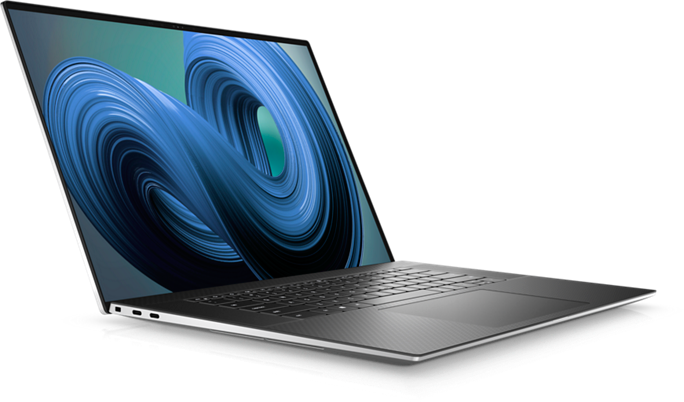
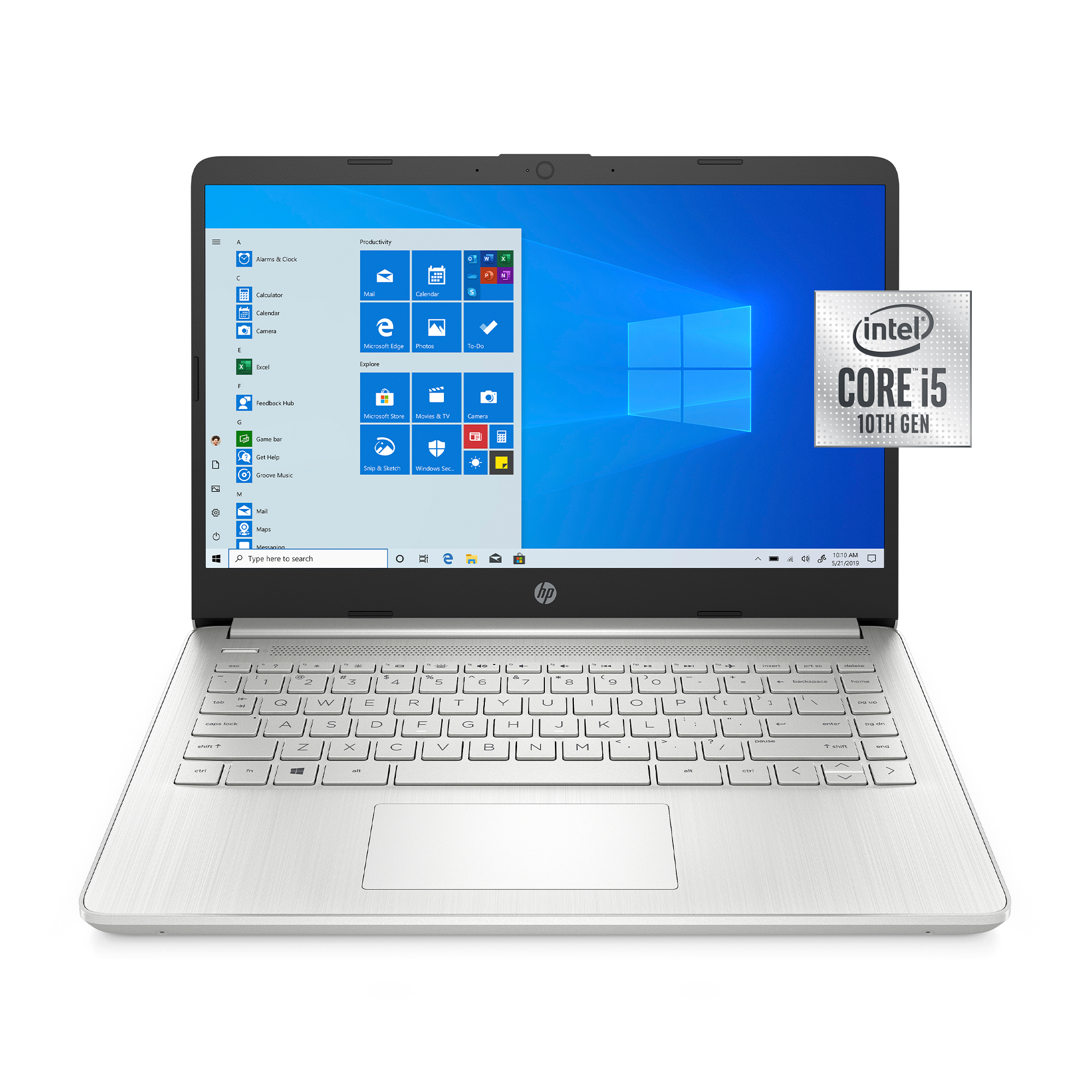
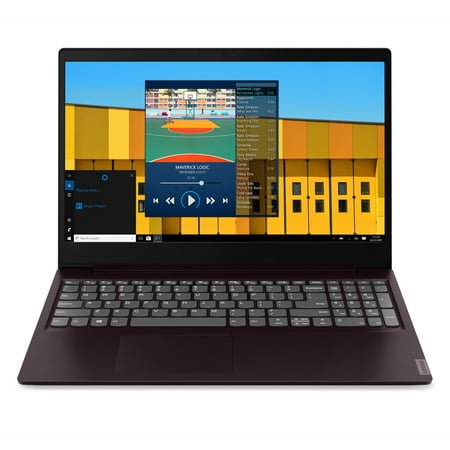
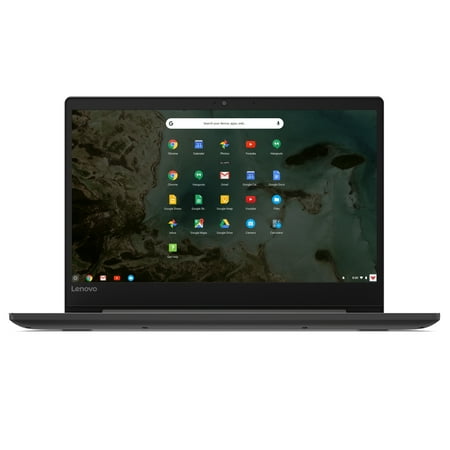
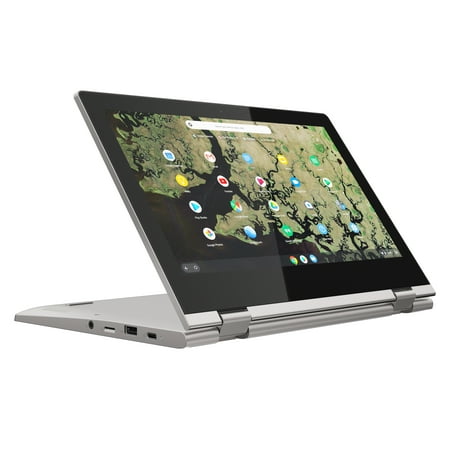
by James
Shaking things out after transferring everything from another Dell laptop. I LOVE the speed change operating in Photoshop, video production
by Frank
Support has been great this is the best laptop I have had yet from DELL top notch.
by Maged
I find my new XPS 17 9720 is easy and solid to use confidently. Solid machine, strong processor and responsive graphics. The service behind it is more than excellent including the self “Assist” app.
by Tom
Love how easy to operate and best performance in a laptop.